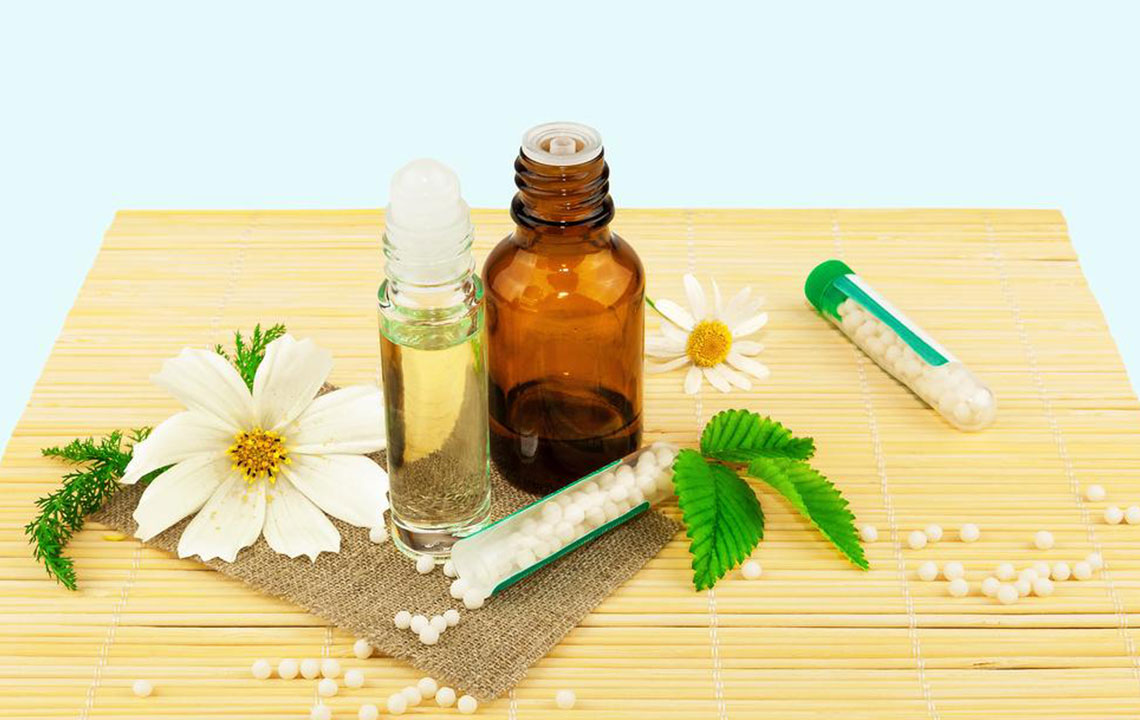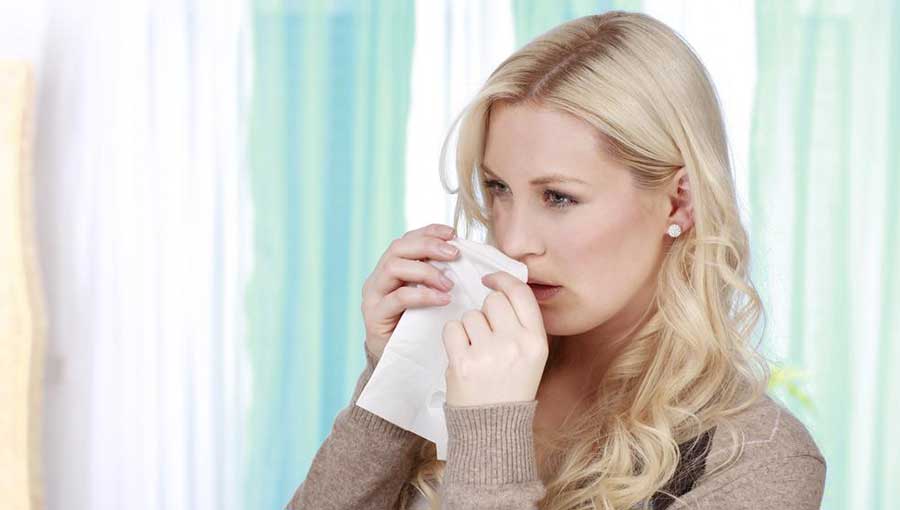Comprehensive Home Strategies to Effectively Manage and Alleviate Allergic Rhinitis Symptoms
Discover comprehensive home-based strategies to effectively manage allergic rhinitis symptoms naturally. From creating allergen-free environments to practical remedies like saline rinses and steam inhalation, this guide offers detailed advice to improve comfort and breathing. Implementing these lifestyle modifications can greatly reduce symptoms and enhance quality of life for allergy sufferers. Learn how to prevent triggers, use natural remedies, and adopt habits that support respiratory health for long-term relief.

Natural and Practical Approaches for Controlling Allergic Rhinitis
Allergic rhinitis is a common condition that affects millions of individuals worldwide. It is characterized by symptoms such as sneezing, nasal congestion, watery eyes, and itching, which can significantly impact daily life and overall well-being. While medications are often prescribed, many people seek natural, home-based remedies to reduce symptoms and improve comfort. This comprehensive guide explores various effective strategies, lifestyle modifications, and natural treatments to help manage allergic rhinitis more effectively.
Understanding Allergic Rhinitis and Its Triggers
Before diving into remedies, it's important to understand what causes allergic rhinitis. It’s an allergic response triggered by certain allergens such as pollen, dust mites, mold spores, pet dander, and cigarette smoke. When the immune system overreacts to these substances, it results in inflammation of the nasal passages, leading to the familiar symptoms of allergic rhinitis.
Creating a Trigger-Free Home Environment
One of the most effective ways to manage allergic rhinitis naturally is by minimizing exposure to indoor allergens. Regular cleaning routines are essential to keep your living space free from dust and dirt. Using a high-efficiency particulate air (HEPA) vacuum cleaner can significantly reduce airborne allergens. Washing bedding, pillowcases, and curtains in hot water (at least 130°F or 54°C) weekly helps eliminate dust mites and mold spores. Furthermore, maintaining proper humidity levels with a humidifier or dehumidifier can prevent mold growth and reduce dust mites.
Limiting contact with pets, especially cats and dogs that shed fur and dander, is crucial for allergy sufferers. Regular grooming of pets and designating pet-free zones within your home can also reduce allergen levels. Ensuring bathrooms are well-ventilated and free of mold is necessary since mold is a common indoor allergen. Using mold-resistant paints and cleaning with natural antifungal solutions can help prevent mold proliferation.
Seasonal Precautions and Outdoor Exposure Management
During peak pollen seasons, often spring and early summer, outdoor allergen levels increase dramatically. When pollen counts are high, it’s advisable to stay indoors as much as possible. Keep windows and doors closed, and use air conditioning with a clean filter to filter out pollen. Planning outdoor activities for times when pollen levels are low, typically late afternoon or after a rainstorm, can also help minimize exposure.
It’s essential to identify specific allergens affecting you through allergy testing. This knowledge allows you to take targeted precautions, whether avoiding certain plants or certain outdoor environments during peak pollen seasons.
Natural Remedies for Nasal and Respiratory Relief
When managing allergic rhinitis at home, several natural remedies can provide significant relief. Saline nasal sprays and rinses are among the most effective, helping to flush out allergens, lubricate nasal passages, and reduce inflammation. Using a neti pot or squeeze bulb with sterile saline solution can be a gentle, safe method to clear nasal congestion.
Steam inhalation is another popular remedy that provides immediate relief from nasal blockage and sinus pressure. Boil water and pour it into a large bowl. Add a few drops of essential oils such as eucalyptus, peppermint, or tea tree oil, known for their antiseptic and decongestant properties. Cover your head with a towel and inhale deeply for several minutes. This process helps moisturize nasal passages, loosen mucus, and soothe irritated tissues.
In addition to inhalation techniques, staying well-hydrated by drinking plenty of water helps thin mucus and ease nasal congestion. Using natural humidifiers or vaporizers can maintain optimal indoor humidity levels, making breathing easier and reducing nasal dryness.
Supporting Practices for Improved Respiratory Health
Avoiding smoking and exposure to secondhand smoke is paramount, as smoke irritates nasal and respiratory tissues, exacerbating allergy symptoms. If you live in a dry climate or your home has low humidity, employing a humidifier can maintain a comfortable moisture level, reducing nasal irritation and preventing nasal passages from drying out.
Regular exercise, particularly aerobic activities like walking or swimming, can boost your immune system and improve overall respiratory health. However, pay attention to outdoor air quality and pollen levels, timing your exercise when allergen counts are lower.
Consulting with healthcare professionals about the use of over-the-counter medications such as antihistamines, decongestants, or nasal corticosteroids is advisable for severe cases. These medications can be integrated with natural remedies to create an effective allergy management plan tailored to individual needs.
Embracing a Holistic Approach for Better Quality of Life
Combining lifestyle modifications, environmental control, and natural remedies can substantially decrease allergy symptoms and enhance quality of life. Keeping a symptom diary can help you identify specific triggers and evaluate the effectiveness of your strategies. Additionally, maintaining a healthy diet rich in antioxidants and omega-3 fatty acids can support immune health and reduce inflammation.
By implementing these home remedies and lifestyle changes, individuals suffering from allergic rhinitis can experience better relief, fewer symptoms, and improved daily functioning. Remember, persistent or severe allergies should always be evaluated by an healthcare professional for appropriate diagnosis and treatment options.
This comprehensive guide underscores the importance of environmental control, natural remedies, and lifestyle adjustments in managing allergic rhinitis effectively. With patience and consistency, you can significantly lessen your symptoms and enjoy a healthier, more comfortable life.





